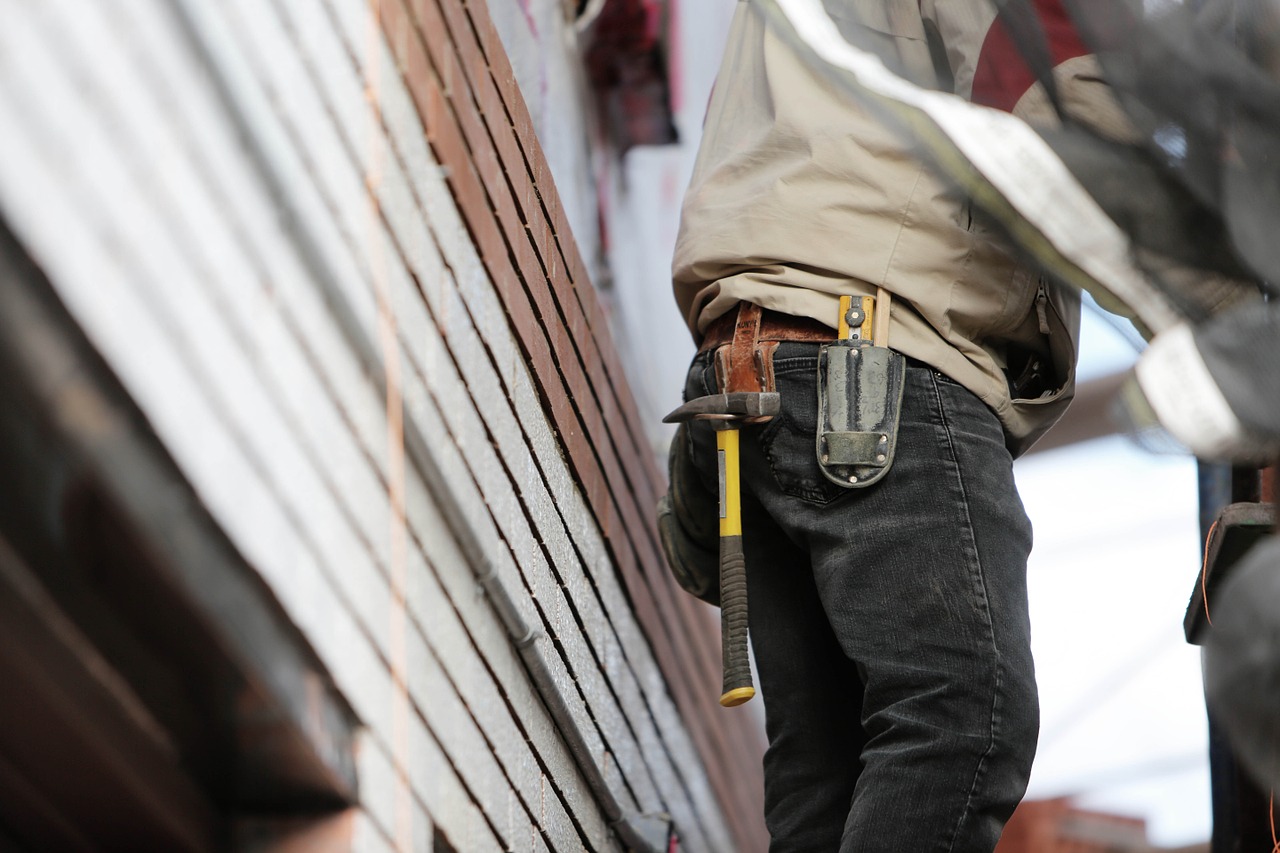Construction output rises again in April

The construction Purchasing Managers’ Index (PMI) picked up in April, adding to the positive signs from other indicators that the economy is turning a corner.
At 51.1 in April, the latest PMI from S&P Global / CIPS UK pointed to only modest growth in construction output from 50.7 in March. But evidence of a significant easing in supply-chain frictions, a housing market proving more resilient than expected and the prospect of the wider economy returning to meaningful growth from the summer should lift the construction sector’s performance.
Construction still faces significant challenges. Higher interest rates will weigh on residential and commercial activity, changes to planning rules risk discouraging housebuilding, and still-serious financial pressures on households may hold back spending on home improvements.
However, housing market weakness appears to have passed its most significant point. Supply chain problems facing construction businesses have eased markedly, and more signs of a revival in consumer and business confidence should bolster the construction sector, as will falling energy costs and disinflationary pressures in general.
Tim Moore, economics director at S&P Global Market Intelligence, which compiles the survey said: “The construction sector stretched out its current phase of expansion to three months in April, signalling a modest rebound from the downturn seen at the turn of the year. Commercial building work continued to outperform, helped by stabilising domestic economic conditions and a gradual rebound in business confidence. Civil engineering activity was also a driver of construction growth during April, with rising infrastructure work contributing to the best phase of expansion in this segment since the first half of 2022.
“However, the return to growth for UK construction output appears worryingly lopsided as residential work decreased for the fifth successive month. Extended delays on new housing starts were reported again in April, due to a considerable headwind from elevated mortgage rates and weak demand. While there have been some signs of a recent stabilisation in market conditions, this has yet to feed through to construction activity. In fact, the latest reduction in residential building was the fastest since May 2020.
“On a more positive note, the latest survey illustrated a further slowdown in input price inflation across the construction sector. Softer cost pressures partly reflected a sustained improvement in supply chain performance, with lead-times for deliveries of products and materials shortening to the greatest extent since September 2009.”
Dr John Glen, chief economist at the Chartered Institute of Procurement & Supply (CIPS), said: “The mixed picture found in the UK construction industry in April is representative of an economy still trying to recalibrate after being buffeted by the manifold challenges of political instability, lockdowns and supply chain pressures.
“The growth in the construction of commercial properties is welcome news, with the avoidance of a recession in the last quarter leading to clients being more willing to spend. The significant easing of supply chain disruption, with delays reduced and materials more readily available, also helped to alleviate cost pressures on the sector.
“However, the sharp decline in UK house building in April will be a cause for concern, as it becomes clear that the recent interest rate rises will continue to hamper consumer demand for some time to come. With a further rate rise expected next week there will be concerns that things will get worse before they get better for UK house builders.”
Yesterday, 12% of Scottish respondents to the latest Royal Institution of Chartered Surveyors (RICS) Construction Monitor said they believe workloads will be higher in a year’s time while, the latest State of Trade Survey from the Federation of Master Builders (FMB) highlighted a rebound in repair, maintenance, and improvement (RMI) building work for the first three months of this year.























